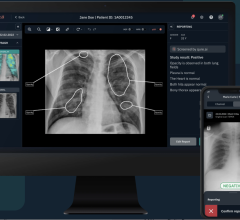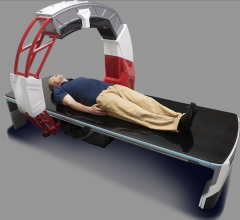
October 12, 2009 - The FDA notified healthcare professionals that it has become aware of radiation overexposures during perfusion CT imaging performed to aid in the diagnosis of stroke at a particular facility, the patients receiving radiation doses that were approximately eight times the expected level.
While this event involved a single kind of diagnostic test at one facility, the magnitude of these overdoses and their impact on the affected patients were significant. This situation may reflect more widespread problems with CT quality assurance programs and may not be isolated to this particular facility or this imaging procedure (CT brain perfusion). If patient doses are higher than the expected level, but not high enough to produce obvious signs of radiation injury, the problem may go undetected and unreported, putting patients at increased risk for long-term radiation effects.
FDA encourages every facility performing CT imaging to review its CT protocols and be aware of the dose indices normally displayed on the control panel. These indices include the volume computed tomography dose index and the dose-length product. For each protocol selected, and before scanning the patient, carefully monitor the dose indices displayed on the control panel. To prevent accidental overexposure, make sure that the values displayed reasonably correspond to the doses normally associated with the protocol. Confirm this again after the patient has been scanned. Patients should follow their doctor’s recommendations for receiving CT scans. While unnecessary radiation exposure should be avoided, a medically-needed CT scan has benefits that outweigh the radiation risks.
For more information:
http://www.fda.gov/Safety/MedWatch/SafetyInformation/SafetyAlertsforHum…


 August 09, 2024
August 09, 2024 








